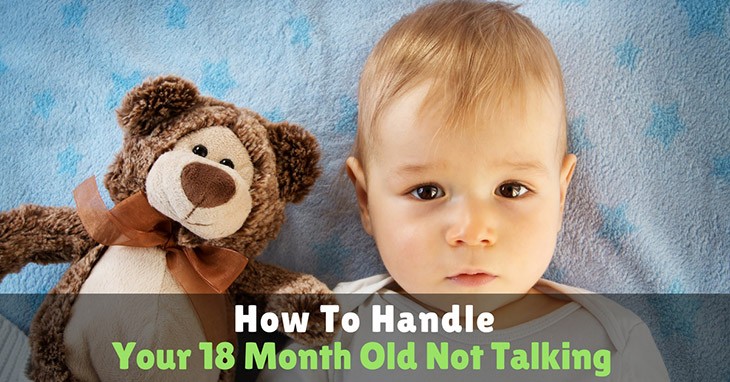How To Handle Your 18 Month Old Not Talking
Giving birth to a precious life that you are committed to nurturing is a true blessing and a gift. Parenthood comes with much love, as well as much responsibility. Being a parent means that you will forever adore your child, but you will also be forever worried about their wellbeing. This is completely natural.
Watching your child develop and grow into a functioning human will be the most amazing, and most stressful time of your life. You will watch as your baby learns to walk, talk, and control their motor skills and conscience. This is an incredible journey.
More...
Developmental Milestones
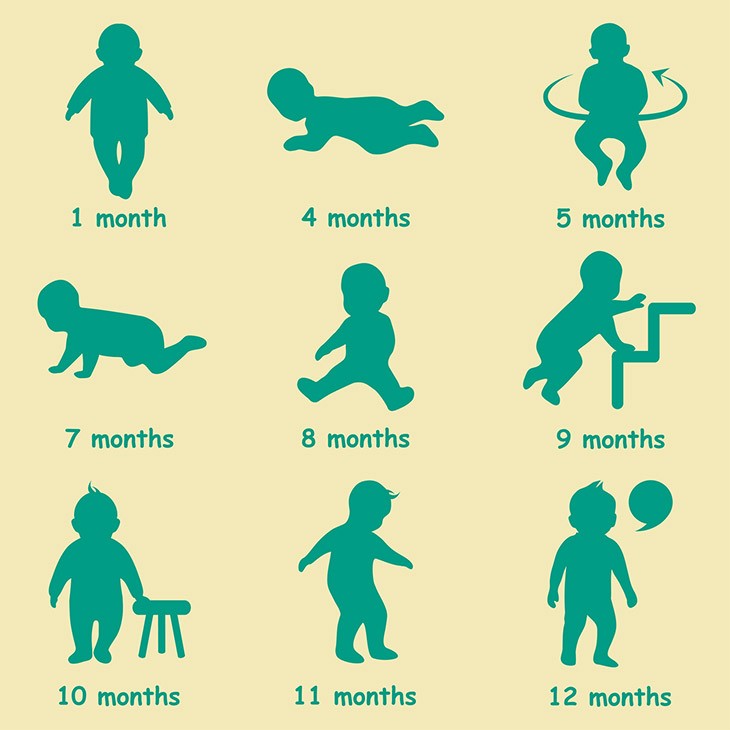
In the first few years of development, your child hits many milestones and achieves important goals. There are certain physiological things that children are expected to do by a certain age.
For instance, by two months, babies should be able to make gurgling sounds in order to communicate. Then, by six months, babies should have enough motor development to pass things from one hand to the other. These things are indicators of healthy development.
Of course, the bracket to achieve these physiological milestones is broad. However, by a certain age, if a child hasn’t fulfilled a developmental milestone, cause for concern is warranted. This is particularly true for communication aspects of development.
By the age of 18 months, babies should be able to say several single words, shake their head or nod to indicate ‘no’ and ‘yes’, and be able to point to the basic object and say their name.
Communicative development is taking off at this point and setting important foundations for future speech. If your child isn’t at this stage, there are many things you can do to handle your 18 months old not talking and support them through it.
Identify Signs of Language Readiness
Before your child can say proper words, there will be indicators that they are ready to verbalize objects and feelings. If your 18-month-old hasn’t reached these signs of language readiness, these are what you need to focus on before worrying about them not talking.
Helping your child to fulfill these goals of language readiness will ease your anxieties with your 18 month old not talking.
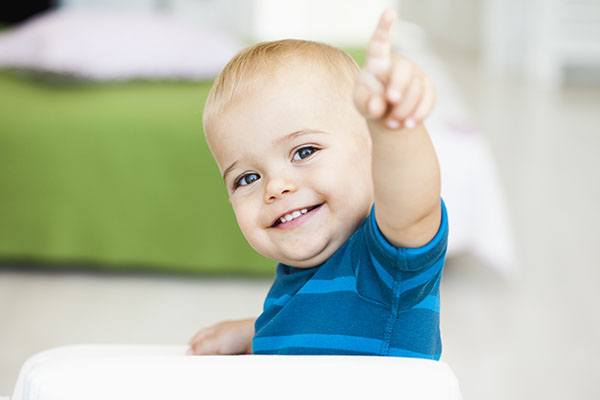
Via blog.honest.com
Is your child pointing to things, such as pictures in books and toys? If not, encourage them to do so by asking them to find the red block, for instance. Use specific vocabulary to help your child make a connection between the word and the object.
If necessary, take your child’s hand and physically support them pointing to something. Repeat the word when they are pointing at the object.
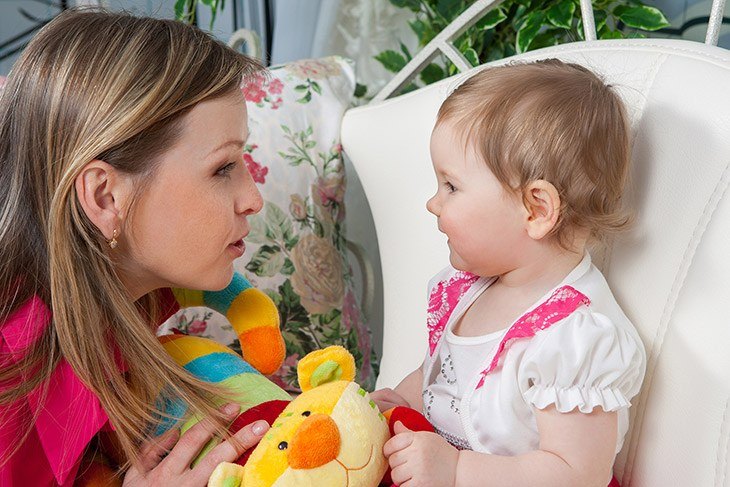
How well does your child understand? In order to talk, children need to understand. When you talk to your child, they should be able to recognize what you are saying. Look for signs of recognition in their eyes.
When children are understanding, their eyes will be focused and engaged. Use different tones of voice and facial expressions to help your child understand you.
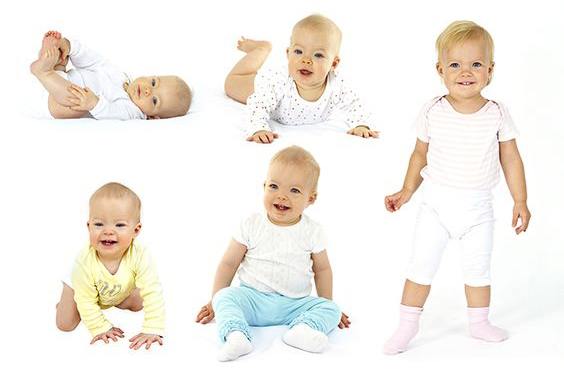
Via momjunction.com
Does you child use their body language? Before verbal language comes body language and this is a pivotal stage of language development. Children who communicate nonverbally are in the pre-verbal stages.
This is a highly important stage to focus. If you’re worried about your 18 month old not talking, focus on their non-verbal skills first. These includes things like smiling, laughing, facial expressions, and body posture. By supporting your child to develop these naturally, the verbal elements of communication will follow seamlessly.
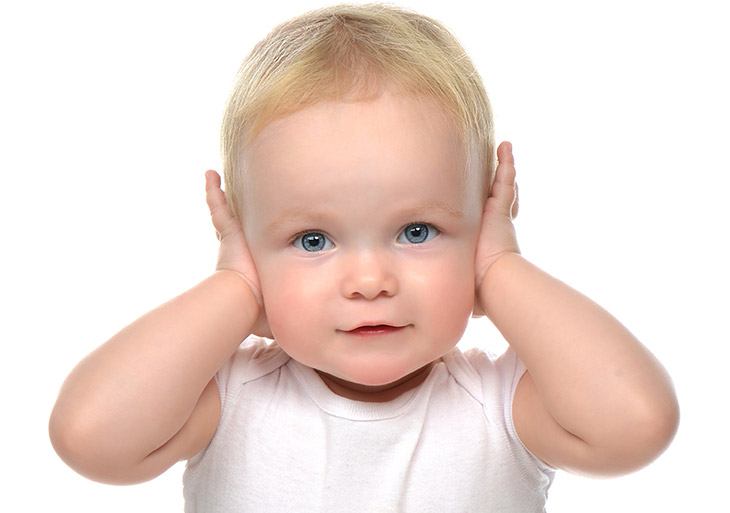
Does your child have any hearing problems? Obviously, to be able to talk, children need to be able to hear properly. If your child has any ear problems, this will impede their ability to talk. Make sure you look after your babies aural health.
Clean their ears regularly with a cue tip and make sure they are dried well after a bath. Test your child’s hearing by calling out their name from behind and seeing if they respond. If you are worried about your child’s hearing, don’t hesitate to take them to a general practitioner.
Developmental Concerns
At the age of 18 months, if your child is not talking, you don’t need to be overly concerned. Of course, it is a worrying thing, but you do need to give your child a chance to naturally develop at their own pace.
The most important thing you can do is keep encouraging your child, praise their achievements, and keep talking to them.
At home, the more you talk and read to your child, the more they will develop their grasp on language. Singing and playing with your child also help develop language skills. Having magnet letters on the fridge is a good idea too so that your child can touch the letters and say them at the same time.
There are also certain apps on iPads and tablets that your child can use to improve their speech. Educational TV shows do the same thing as well.

Once you have worn out all the resources from the home and still have concerns of your 18 month old not talking, it may be appropriate to contact a speech pathologist.
These professionals will be able to assess your child’s linguistic and phonetic development and identify the reasons behind the delay. Speech pathologists will be able to give you achievable and actionable things to do at home to further improve your child’s language development.
Conclusion
Ultimately, as a parent, your overall concern is to support your child. The ‘wait and see approach’ and philosophy that ‘all children develop at their own pace’ has a lot of relevance with your 18 month old not talking.
Try not to panic too much and give your child the time, space, and love to reach these milestones in their own time. A slight delay in your child’s speech does not make you a bad parent by any means. It simply means that your child has their own agenda and will reach goals in their own time.
Your job is to love and support them along the way.

